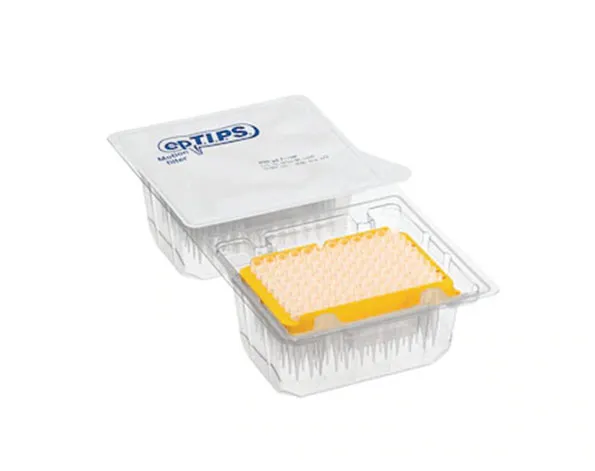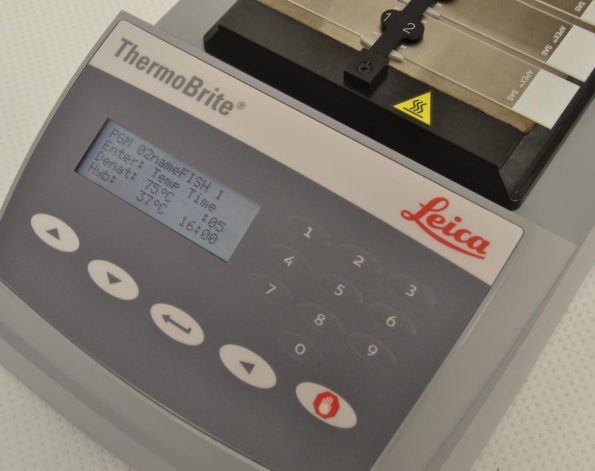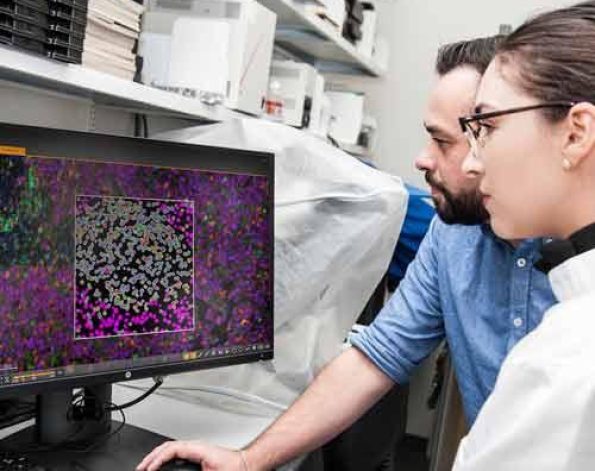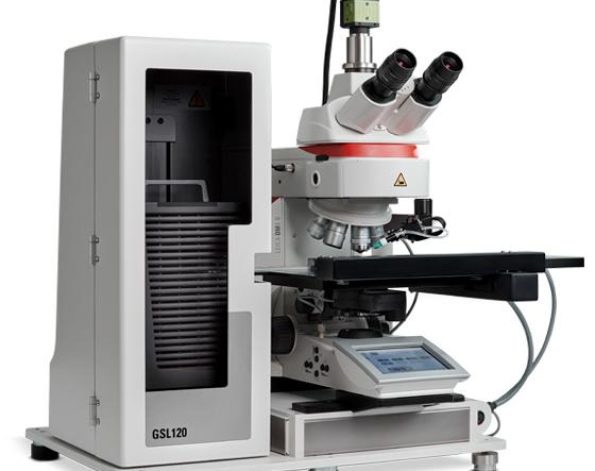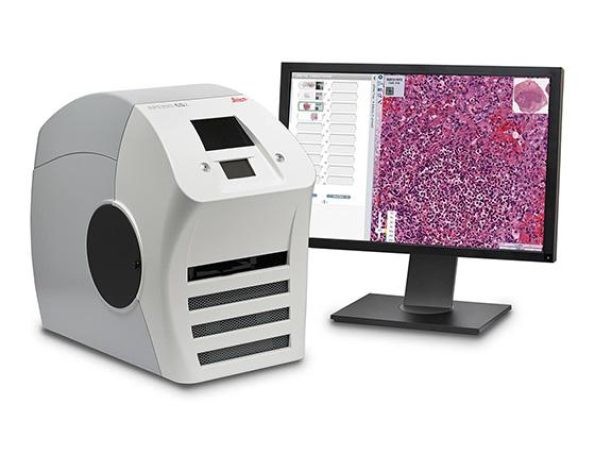Product Information
Eppendorf epT.I.P.S. Motion can be used with epMotion® 96 or integrated into your workstation as a reload system when combined with the tip holder. The high-quality reload tips are delivered in a PET thermoformed tray with sealed lid. Upgrading to the autoclavable, aluminum tip holder, which replaces the disposable box, provides waste reduction of up to 40 %.
Disposal of epT.I.P.S. Motion pipette tips as Reload System and their packaging material
Recycling of materials becomes more and more important every day. E.g. in Europe almost 100 % of cardboard material is already recycled. The packaging material of the epT.I.P.S. Motion pipette tips as Reload System is made of different materials – for the most part made from cardboard.
Eppendorf consumables and thus also epT.I.P.S. Motion pipette tips as Reload System are shipped in packaging consisting of at least 62 % recycled cardboard.
Please support our global sustainability initiative of recycling valuable raw material by collecting the cardboard packaging material of tubes. Dispose of the packaging material in the designated collection containers in your organization and region. In respect to the blister packaging made of polyethylene terephthalate (PET), we recommend, to select a dedicated recycling partner where PET material can be recycled. Contact your facility or local waste management company to understand the available recycling options for your organization.
After usage, the pipette tips themselves are defined as potentially being contaminated. This contamination can be based on biohazard, chemical hazard, or even nuclear hazard. Therefore, recycling of these pipette tips can be challenging. In many countries, critical waste must be burned due to legal restrictions. However, energy and heat can be recovered from thermal recycling of contaminated laboratory consumables.
To reduce the amount of critical plastic waste, you should use at least two waste containers: One for critical waste and one for non-critical waste. The definition of these two groups may depend on local regulations and should be communicated/ trained in your lab accordingly. For further local waste recycling options please contact your local biosafety officer and your local waste management.
We strongly recommend a certified local recycling partner. Keeping it “local” will reduce the impact of transportation, and the “certified” aspect is recommended due to the safe and sustainable handling of lab waste.
